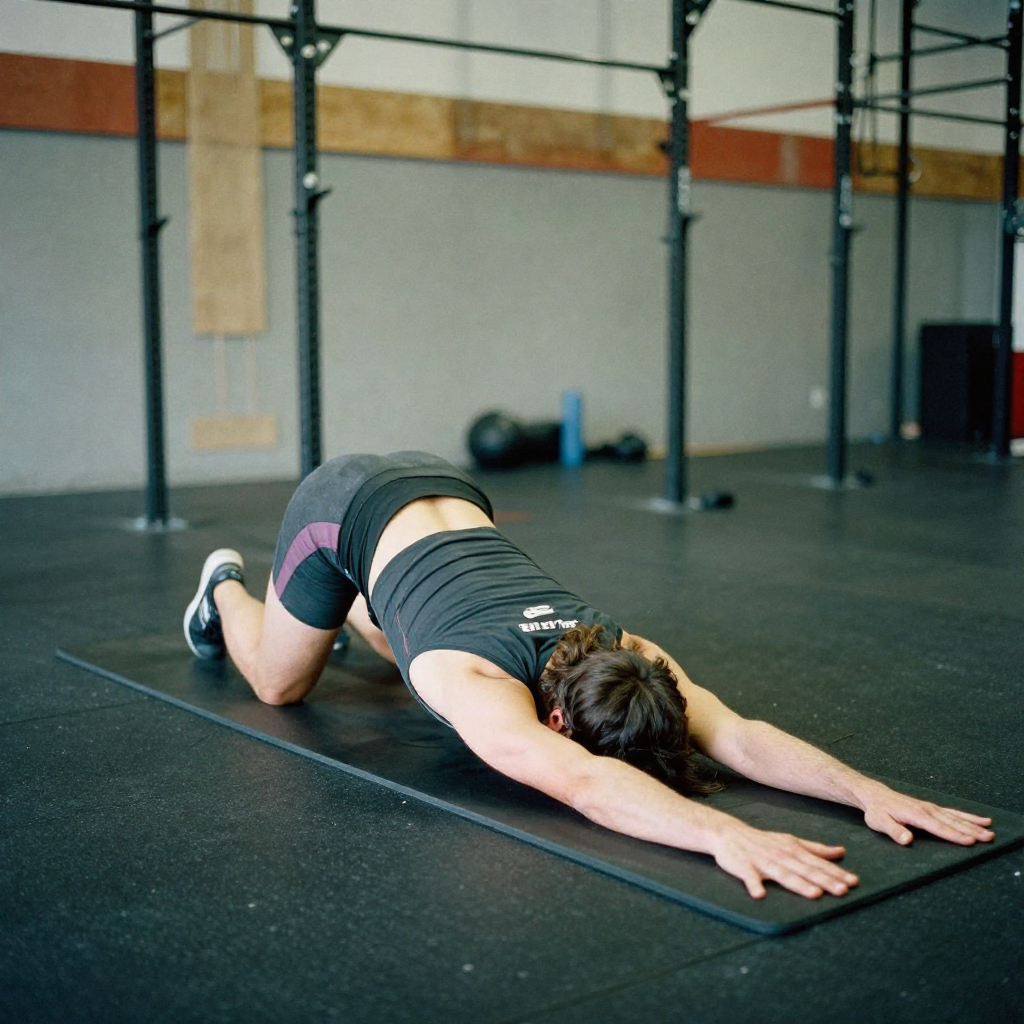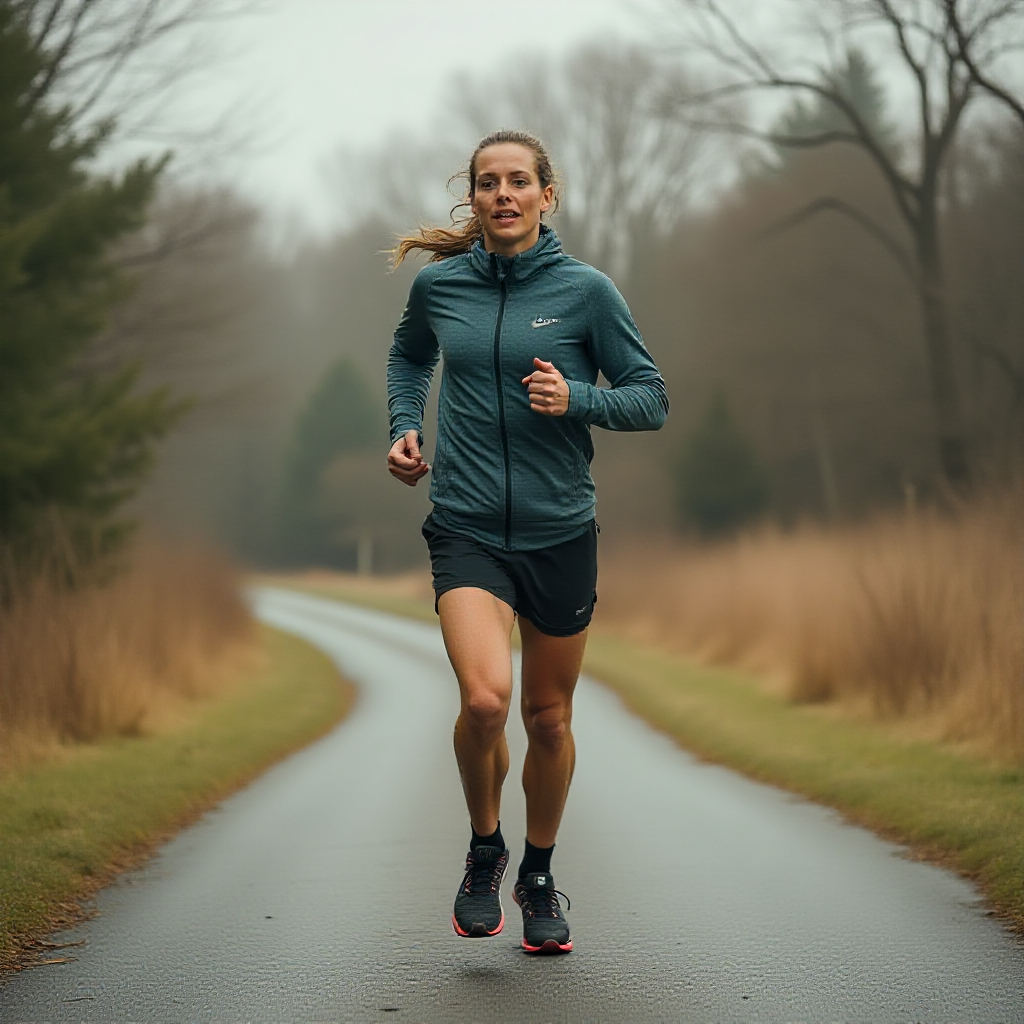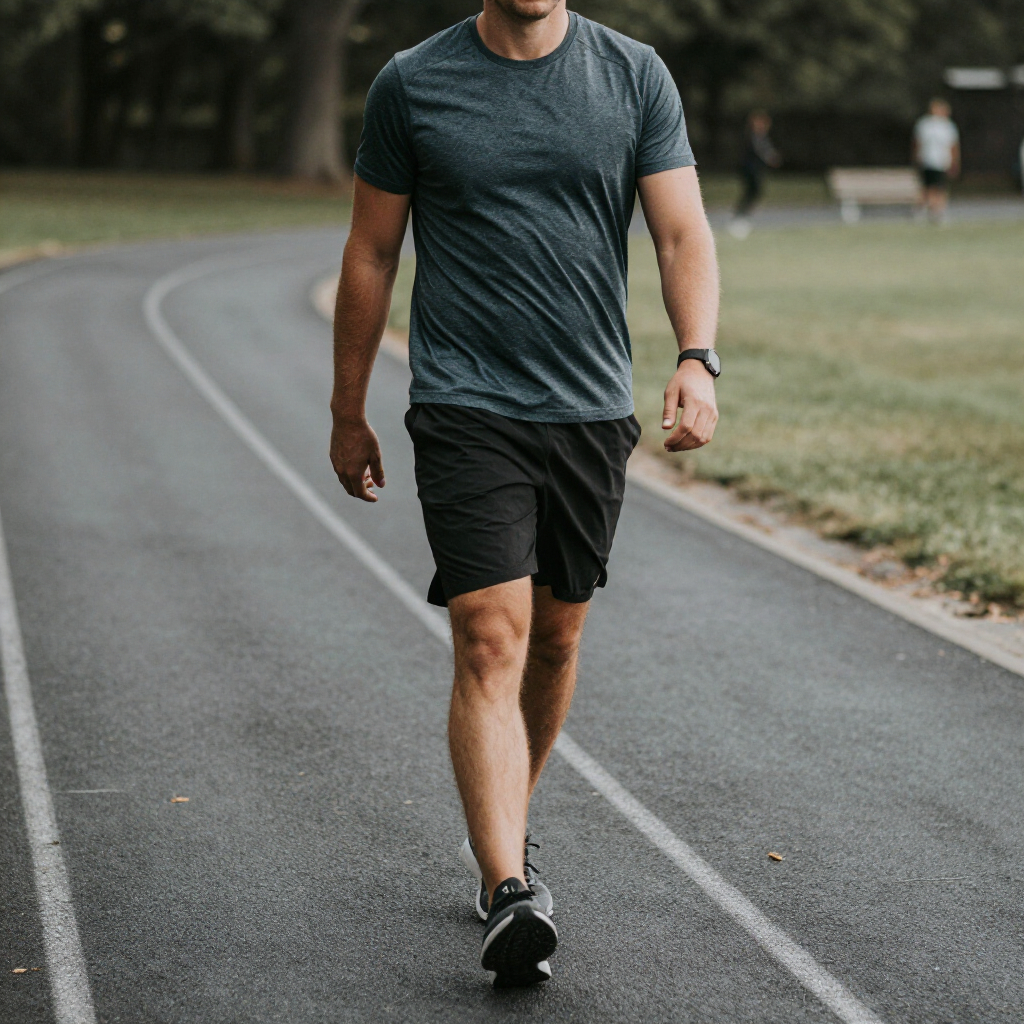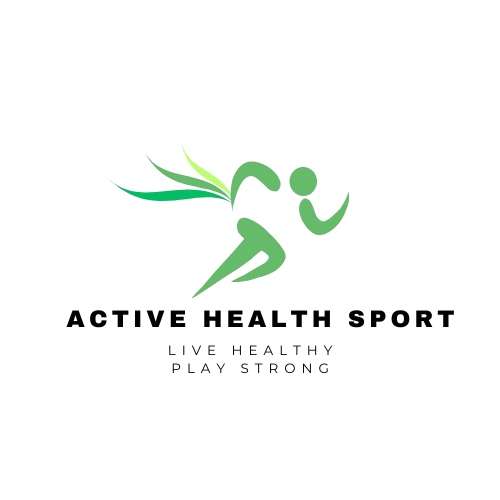Rest Well, Perform Better, Achieve More
Sleep is often overlooked in the realm of health and fitness, but it is an essential component for anyone looking to enhance their physical performance and overall well-being. From muscle recovery to mental clarity, quality sleep lays the foundation for achieving fitness goals.
Below, we’ll explore the profound connection between sleep and fitness and offer actionable tips to maximize the benefits of rest for optimal performance.
Why Sleep Is the Key to Fitness Success
Sleep is a cornerstone of fitness success, yet it’s often undervalued in favor of training and diet. Restful sleep is not a passive state; it’s an active process where the body and mind repair, recharge, and prepare for the challenges ahead.
During sleep, your body produces growth hormone, which is crucial for muscle repair and regeneration. This hormone rebuilds tissues damaged during workouts, helping muscles grow stronger and more resilient. Without adequate sleep, recovery slows, and the risk of injuries increases.
In addition to physical repair, sleep is essential for mental clarity and focus. Workouts and sports require precision, coordination, and quick decision-making, all of which are enhanced by a well-rested brain. Conversely, poor sleep can lead to slower reaction times and reduced concentration, potentially impacting performance in high-intensity activities or competitive sports.
Sleep also regulates the hormones responsible for appetite and metabolism, such as leptin and ghrelin. When sleep-deprived, the imbalance of these hormones can lead to cravings for unhealthy foods and difficulty maintaining a healthy weight. A strong metabolism, fueled by quality sleep, supports overall fitness goals, from building endurance to shedding fat.
To maximize your fitness results, prioritize 7–9 hours of quality sleep each night. Establishing a consistent sleep schedule, optimizing your sleep environment, and incorporating relaxation techniques can ensure restful nights. By treating sleep as an integral part of your fitness journey, you create a foundation for long-term success, ensuring your body and mind are fully prepared to meet your goals.
Sleep and Muscle Recovery
During sleep, the body undergoes critical processes that repair and rebuild muscles. Here’s how:
- Hormone Production: Deep sleep triggers the release of growth hormones, which are essential for muscle repair and recovery. This process allows your body to heal microtears caused by intense exercise, promoting muscle growth.
- Protein Synthesis: Sleep facilitates protein synthesis, where the body builds and strengthens muscle fibers.
- Inflammation Reduction: Quality sleep reduces inflammation, which is often heightened after workouts, ensuring quicker recovery.
Missing sleep can delay recovery, increase the risk of injuries, and limit progress in your fitness journey.

Sleep and Athletic Performance
Athletes and fitness enthusiasts alike experience significant performance gains when prioritizing sleep.
- Improved Endurance: Sleep enhances energy storage and utilization, directly impacting stamina during workouts.
- Better Coordination: Rest strengthens neural connections, improving reaction times and motor skills essential for athletic activities.
- Sharper Focus: Lack of sleep can impair concentration, increasing the likelihood of errors in complex movements or sports.
Studies show that athletes who sleep for at least 8 hours demonstrate better reaction times and accuracy compared to those who don’t.
Also Read: Why Power Naps Are Essential for Mental Health and Energy (2025)
The Impact of Sleep on Weight Management
Sleep directly influences metabolism and appetite regulation, making it vital for those aiming to maintain or lose weight.
- Hormonal Balance: Sleep deprivation disrupts ghrelin and leptin, hormones responsible for hunger and fullness, leading to overeating.
- Metabolic Rate: Poor sleep slows metabolism, making it harder to burn calories efficiently.
- Cravings: Insufficient rest can lead to increased cravings for high-calorie, sugary foods, derailing dietary goals.
Incorporating sufficient sleep into your routine can complement a balanced diet and exercise for effective weight management.
How Sleep Impacts Mental Fitness
Fitness isn’t just about physical strength; mental well-being plays a crucial role. Sleep strengthens the mind in several ways:
- Stress Reduction: Adequate rest lowers cortisol levels, reducing stress and anxiety, which can otherwise hinder workout consistency.
- Enhanced Mood: Sleep deprivation often leads to irritability and low motivation, making it harder to stick to a fitness routine.
- Improved Cognitive Function: Sleep boosts problem-solving and decision-making, essential for planning effective workouts and tracking progress.

Tips for Better Sleep and Fitness Performance
Optimizing your sleep doesn’t just happen by chance, it requires intentional habits. Follow these tips to improve your rest:
- Stick to a Schedule: Go to bed and wake up at the same time daily to regulate your circadian rhythm.
- Limit Caffeine and Alcohol: Both substances can disrupt sleep quality if consumed late in the day.
- Create a Relaxing Bedtime Routine: Activities like reading, meditating, or stretching signal to your body that it’s time to wind down.
- Optimize Your Sleep Environment: Keep your bedroom cool, dark, and quiet. Invest in a quality mattress and pillows for added comfort.
- Avoid Screen Time Before Bed: Blue light from phones and computers can interfere with melatonin production, delaying sleep onset.
How Much Sleep Do You Need?
While sleep needs vary, adults generally require 7-9 hours of rest per night for optimal performance.
- Athletes: Studies suggest that athletes may benefit from 9-10 hours to support recovery and performance.
- High-Intensity Trainers: If engaging in intense exercise, prioritize additional rest to allow your body ample recovery time.
Listening to your body is key. Feeling well-rested, energized, and focused is a good indicator that you’re meeting your sleep needs.
Sleep Tracking: A Tool for Fitness Enthusiasts
Tracking your sleep can provide insights into your habits and their impact on your fitness progress.
- Wearable Devices: Gadgets like Fitbit, Garmin, or WHOOP track sleep patterns and recovery metrics.
- Sleep Journals: Manually logging sleep hours, quality, and energy levels can help identify trends.
- Apps: Sleep-focused apps like Sleep Cycle or Calm provide tailored advice for better rest.
These tools help you make data-driven decisions to align your sleep habits with your fitness goals.
Case Studies: Real People Transforming Their Fitness Through Better Sleep
At Active Health Sport, we constantly hear from readers who’ve made powerful breakthroughs, not just in the gym, but in the bedroom. These real-life case studies show how prioritizing quality sleep can drastically improve your fitness performance, recovery, and overall well-being. Because when it comes to health, rest is not optional, it’s essential.
💤 Lora Alex – From Sleepless Nights to Stronger Mornings
Lora Alex, a 28-year-old graphic designer in Portland, OR, had always been dedicated to her early morning workouts. She trained five days a week but struggled with plateaus, sore muscles, and afternoon crashes. Despite her consistent fitness routine, she wasn’t seeing results, and she was constantly tired.
After journaling her habits and consulting with our team, Lora realized her biggest issue wasn’t her workouts, it was her inconsistent sleep schedule. She often got only 5–6 hours of fragmented rest due to late-night scrolling and work stress.
By setting a strict bedtime routine, limiting blue light exposure, and adding a calming nighttime tea, Lora began sleeping 7–8 hours consistently.
In just one month:
✅ Her muscle recovery time shortened dramatically
✅ She had more energy and focus during workouts
✅ Her mood and stress levels improved significantly
“I didn’t realize how much poor sleep was holding me back. Once I fixed it, everything else started clicking.” – Lora Alex
🏋️ Karles Andrea – Lifting Heavier, Sleeping Deeper
Karles Andrea, a 36-year-old fitness enthusiast from Tampa, FL, prided himself on pushing limits in the gym. However, his gains had stalled, and he started experiencing nagging injuries and frequent fatigue.
After some digging and data tracking (including sleep apps and wearable tech), Karles saw that his REM and deep sleep levels were far below optimal. He worked with the Active Health Sport team to adjust his routine: no caffeine after 2 PM, post-workout magnesium, and blackout curtains for deeper sleep.
The results?
✅ An increase in PRs across his lifts
✅ Fewer muscle strains and nagging soreness
✅ A balanced lifestyle that felt more sustainable
“I used to obsess over workouts and ignore recovery. Fixing my sleep gave me back strength I didn’t know I was losing.” – Karles Andrea
😴 Mr. Stephen Robertt – Rediscovering Health After 50 Through Sleep
Stephen Robertt, a 54-year-old school principal from Charlotte, NC, was facing the typical challenges of midlife—weight gain, poor sleep, and low energy. He started walking and strength training but noticed minimal progress. The real issue? He was only sleeping 5 hours a night and often waking up multiple times.
After reading our guide on sleep and recovery, he made small yet powerful changes: reducing late-night TV, adding a wind-down routine with stretching and breathing, and avoiding alcohol before bed.
Three months later, Stephen shared his transformation with our team:
✅ He lost 12 pounds
✅ His blood pressure normalized
✅ He now sleeps a full 7.5 hours without waking up
“Better sleep gave me more than results, it gave me clarity, peace, and the energy to live life fully again.” – Mr. Stephen Robertt
Want tips on creating your own sleep-recovery fitness plan? Reach out to us at Active Health Sport, your journey to better health starts with better rest. 🌙💪🛌
Common Sleep Challenges and How to Overcome Them
Sleep doesn’t always come easily, especially with a busy lifestyle or stress. Here’s how to tackle common challenges:
- Insomnia: Try relaxation techniques like deep breathing, progressive muscle relaxation, or using white noise machines.
- Shift Work: If your schedule is irregular, create a consistent pre-sleep routine and use blackout curtains to mimic nighttime.
- Overtraining: Intense exercise close to bedtime can disrupt sleep. Opt for lighter evening activities like yoga or stretching.
Addressing these challenges proactively can significantly improve both your sleep and fitness outcomes.

Final Thoughts | Rest is Your Secret Fitness Weapon!
Sleep and fitness are deeply interconnected, each amplifying the benefits of the other. Whether you’re aiming for muscle recovery, enhanced performance, or weight management, prioritizing rest is essential. By establishing consistent sleep habits, optimizing your environment, and understanding your body’s unique needs, you can unlock new levels of physical and mental strength.
Remember, progress in fitness isn’t just built in the gym, it’s also built in bed. Embrace sleep as a cornerstone of your health routine, and watch as your performance, motivation, and overall well-being reach new heights.
That’s all from today’s guide, folks! If you have any questions or queries in your mind, feel free to comment down below or contact us. Also, explore our more informative guides and tips.
You might also like…
- Why Mobility Matters More Than Muscle for CrossFit Progress
 In CrossFit culture, strength numbers often steal the spotlight: heavier deadlifts, faster WOD times, and bigger PRs. While muscle and power are essential, they are not the limiting factor… Read more: Why Mobility Matters More Than Muscle for CrossFit Progress
In CrossFit culture, strength numbers often steal the spotlight: heavier deadlifts, faster WOD times, and bigger PRs. While muscle and power are essential, they are not the limiting factor… Read more: Why Mobility Matters More Than Muscle for CrossFit Progress - Zone-2 Walking for CrossFit Athletes Explained
 In CrossFit, conditioning is often associated with intense, fast-paced WODs, high heart rates, and breathless finishes. While this intensity builds power and short-term fitness, it does not fully support… Read more: Zone-2 Walking for CrossFit Athletes Explained
In CrossFit, conditioning is often associated with intense, fast-paced WODs, high heart rates, and breathless finishes. While this intensity builds power and short-term fitness, it does not fully support… Read more: Zone-2 Walking for CrossFit Athletes Explained - How Low-Intensity Walking Restores the Nervous System
 CrossFit is designed to test physical limits. Heavy lifts, fast-paced metabolic conditioning, and complex gymnastic movements demand not only muscular strength but also significant nervous system output. While most… Read more: How Low-Intensity Walking Restores the Nervous System
CrossFit is designed to test physical limits. Heavy lifts, fast-paced metabolic conditioning, and complex gymnastic movements demand not only muscular strength but also significant nervous system output. While most… Read more: How Low-Intensity Walking Restores the Nervous System

Kait Amazra is the founder and lead writer of Active Health Sport. With over 25 years of experience in health, fitness, and wellness education, Kait combines professional expertise with a passion for helping people live stronger, healthier, and more balanced lives.
As a licensed health and fitness professional, Kait has worked alongside industry experts to deliver evidence-based insights on physical activity, nutrition, recovery, and holistic well-being. Through Active Health Sport, Kait’s mission is to make trusted, practical, and science-backed health information accessible to everyone, from beginners building new habits to athletes seeking peak performance.


your blog is very good.
Comment:
This is a fantastic article on the importance of sleep
for fitness and overall well-being. I especially appreciate the
emphasis on muscle recovery and hormone production during
sleep, as well as the impact of sleep on athletic performance and
weight management. The tips provided for better sleep and fitness performance are practical and easy to implement.
I’m definitely going to try the sleep tracking
tools mentioned to improve my own sleep habits. Thank you for sharing this valuable information!
Thank you for your precious feedback. Stay updated for more!